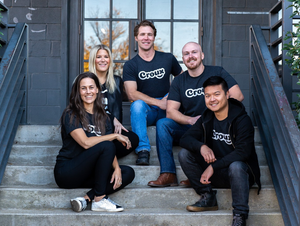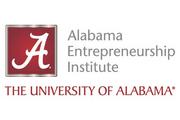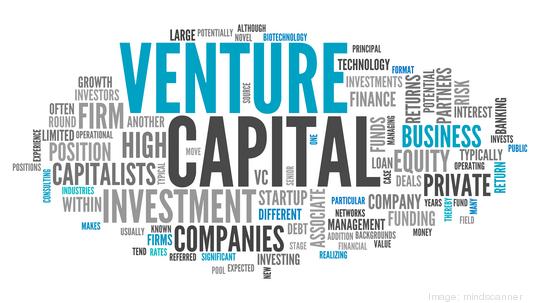
Experts are calling 2023 an “interesting year” for venture capital in Alabama.
The state’s total deal value through Q4 2023 reached $538.3 million, according to data from The National Venture Capital Association.
That was due in large part to three significant deals: Landing, which raised a $165 million Series C; Fleetio, which raised a $144 million Series C; and HiveFive Healthcare, which raised a $105 million undisclosed series. This marks the highest total deal value for the state in a decade. The second highest was in 2021 at $262.4 million.
Overall, Alabama saw a 209.9% year-over-year increase in deal value.

“We probably saw more mid- to late-stage activity as far as total dollars than we’ve seen in Alabama historically,” said Matt Hottle, Redhawk Advisory co-founder and partner.
But though there was a massive jump in deal value, little of the funds came from within the state.
“In Birmingham, specifically, having success raising money from outside of the market is good,” Hottle said. “That’s always helpful because there isn’t a ton of capital available locally to startups. So you did see a lot of companies that successfully raised from outside of the market across a number of different funds and across a number of different geographies.”
What drove the jump?
Hottle hopes the jump is pointing to signs of maturation of the Birmingham startup market.
“You’re starting to see some of these companies that have done well and grown get an opportunity to take investments or get financing that is above and beyond where it’s been in the past,” he said. “So I would hope that it’s a signal of the market maturing and that we’ll have more of this coming along from companies that have been established here ... I would say the outlook for that is a little bit tough. Investing nationally is down significantly and has been for about six consecutive quarters now.”
Alabama and Birmingham’s startup markets face unique challenges, being smaller than their geographic peers such as Nashville and Atlanta.
The Magic City is a fraction of the size of New York, Boston and San Francisco. It is beginning to evolve, however.
“I believe Birmingham is becoming more sophisticated, and what I mean by that is that you have founders that are more capable than ever,” Hottle said. “You have programming and resources around them that are stronger than ever, supporting them and as they grow and become effective businesses, not just in Birmingham, but in Huntsville, Montgomery, Mobile and other places. I think the universities are really leaning into entrepreneurship and small business startups which is all very encouraging. Probably our biggest challenge is a lack of funding.”
Local funding lacking
Emily Wykle, regional vice president of gener8tor, said the accelerator has learned a lot about what it looks like to invest in places like Alabama. It has been in the state since 2020 and now operates eight accelerator programs in Alabama. Even since 2020, she has observed changes.
“The landscape has changed and moved to more state and public funding available for venture. An example of that in Alabama is The State Small Business Credit Initiative. You’ve started to see state-level funds pop up,” she said. “The idea there is that they’re sort of fulfilling both missions. They’re providing economic development — so more capital in state — but secondly, they’re also keeping more of the wealth gains local.”
Innovate Alabama is gearing up to receive funding from the SSBCI, program, which is designed to help entrepreneurs, small business owners and innovators fill in the gaps in their access to capital.
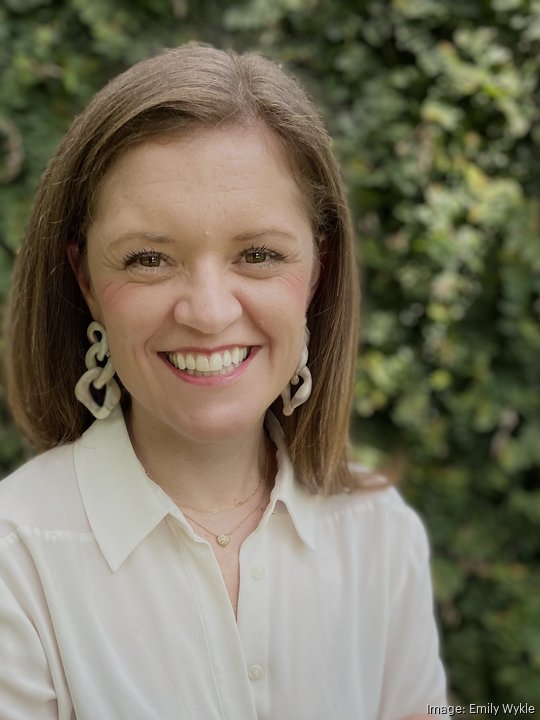
The two-fold program, made possible through a nearly $98 million investment in Alabama entrepreneurs from the U.S. Department of the Treasury, will fund loan and venture capital programs designed to bolster lender confidence in Alabama while putting capital into the hands of the state’s entrepreneurs. The goal is to stimulate and support private investments, rather than fill a capital markets gap with public funding alone.
“The State Small Business Credit Initiative’s nearly $98 million impact is set to significantly bolster Alabama’s small business landscape this year,” said Cynthia Crutchfield, CEO of Innovate Alabama. “With about $25 million earmarked for the program’s venture capital arm, we’re keen to team up with venture capitalists from both inside and outside the state to support Alabama’s top entrepreneurs.”
Still, there is a shortage of local funding.
“There just isn’t a ton of participation in investing in early-stage startups,” Hottle said. “There are a handful of those sources, but it’s a relatively insignificant amount of money that’s being invested at that stage relative to regional peers. We just don’t generate a ton of early stage venture investing from local sources here ... The participation rate for our largest corporations — minus a few — is pretty low, so startup founders have to go outside of the ecosystem to go find money, which takes longer. It’s harder to do. Frankly speaking, it is a growth limiter for startups here in Alabama.”
Hottle said if Birmingham is serious about supporting startups, more capital must get off the sidelines.
Wykle called having more participating capital providers a make-or-break situation.
“Talent and good ideas are distributed equally across the country, but venture capital dollars are not,” Wykle said. “That’s the problem that we’re trying to solve.”
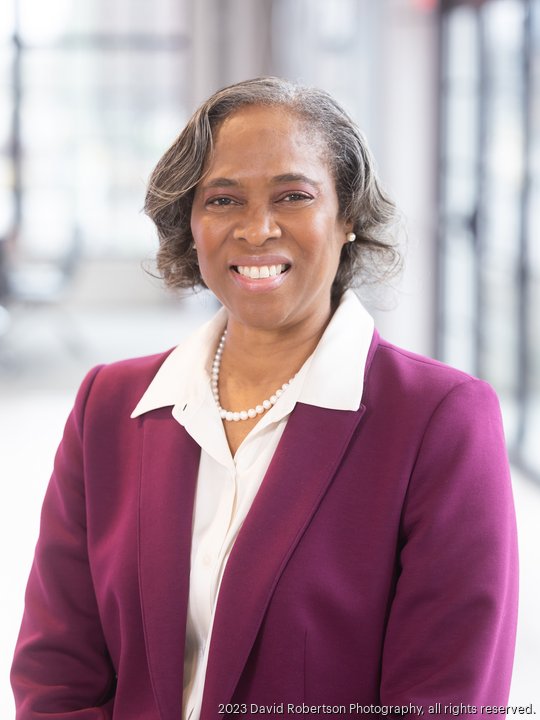
The majority of venture capital dollars go to New York, Boston and Silicon Valley. Gener8tor’s model is aiming to be the inverse, however, with 82% of its venture funds invested outside of those major tech hubs in places like Alabama, Minnesota and Wisconsin. Wykle called them secondary and tertiary markets.
“The thing that is exciting about that is that we have found a way to do that without compromising returns,” she added. “We’ve served 127 companies that have gone through our accelerators, and those companies have raised over $50 million in capital at this point and created over 550 jobs.”
Who is on the other side of the table?
Gener8tor also seeks out female and minority founders, who get only about 2% of all venture capital funding.
Haley Medved Kendrick, senior managing director of investment accelerators at gener8tor, said the accelerator intentionally seeks out these founders by attending events in the community, showing up at working and entrepreneurial spaces, getting on universities’ campuses and talking to people who may not necessarily see themselves as entrepreneurs.

“One of the things we’re really focused on is this idea of changing both the people making the decisions and the people who are on the other side of the funding table,” Wykle said.
The U.S. venture capital industry is male-dominated, with women only representing 8.6% of all venture capitalists, 8% of firm partners and 7% of board seats at venture capital firms, according to the Center for Strategic and International Studies. And 58% of venture capitalists are white men, according to Forbes.
“Those who have the decision-making power and the people who are the founders look different than them, have a different lived experience than them and may be not be communicating in the same way as them,” Wykle said. “So I think one thing that we’re really interested in is what would it look like to have more people of color, more women in decision-making roles on the fund side so that they can sort of have a more holistic approach to when they’re having conversations with founders.”
What’s coming down the pipeline?
Wykle said she is seeing a shift in venture away from the “vitamin mentality” to more of a “painkiller.”
“What is the actual problem that you’re solving without adding anything?” she said. “You’re not adding work. You’re not adding cost. You’re addressing a pain point that a company has.”
As for the future, Hottle said he expects to see consolidation in venture capital of the number of firms and funds that are investing.
“You had a lot of very kind of broad investment theory. ... They weren’t very specific and they weren’t very targeted, whether that was the stage of the companies they were investing in,” Hottle said. “You also didn’t have people that were focusing on specific market segments. So basically whatever was out there, that was kind of the thing at the time to invest in regardless of stage or regardless of market. That lack of specificity, I think, is going to create a number of firms that are going to struggle to raise their next fund and so slowly or over time, or maybe not so slowly, those funds go away.”
He hopes some of the emerging managers, fund managers and new investors start looking at very specialized or very specific investment pieces.
“I think those kinds of funds (and) I think those kinds of investors will persist,” he said. “I think they will do well over the medium term, but I think the kind of non-specific, or more generalized funds are probably going to struggle to the point where I think we’re going to see some consolidation within the industry.”
Entrepreneurs should be buttoned up, be prepared and have a compelling story to succeed in the future, Hottle said.
“It’s not like 2021 and 2022 where there was a tremendous amount of capital being deployed on loosely formulated ideas and loosely formulated business plans,” he said. “That isn’t the case anymore. You need to be able to talk about why you are the founder to solve for this problem, why this market is important and should be tackled and why that investor should have a lot of conviction around what they’re doing. ... At an early stage, be prepared in a way that maybe you haven’t had to be prepared for before.”
